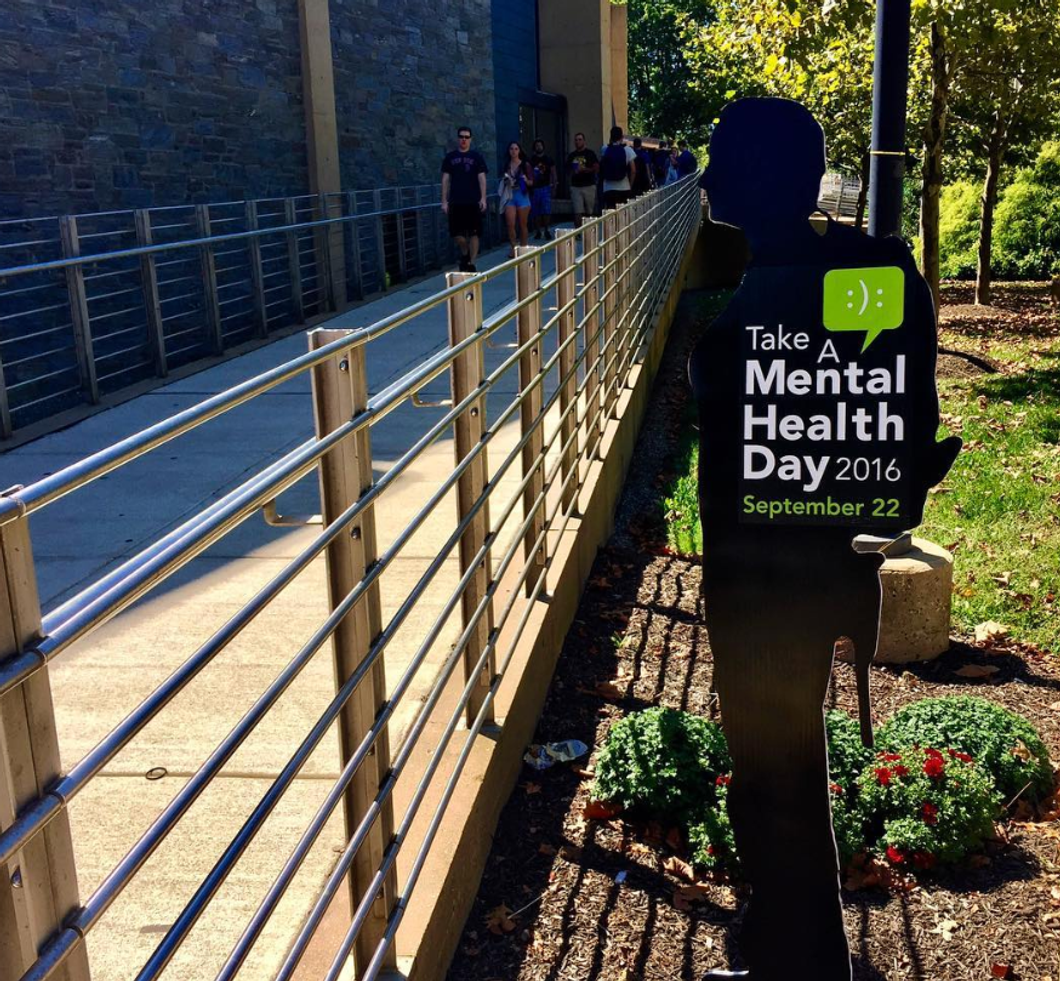10 Reasons Every College Library Should Have Therapy Dogs, And Not Just During Finals
These helpful pups make college WAY less stressful.
The decision-makers of Yale's law students have invested in therapy dog sessions in order to reduce stress. In 2011, Yale Law Library had a sign-out sheet for their certified library dog. The 30-minute sessions were equipped with unconditional, stress-busting puppy love.
Law Librarian Blair Kauffman stated that the free, three-day pilot pet therapy program at Yale Law Library launched as "a positive addition to current services offered by the library."
"It is well documented that visits from therapy dogs have resulted in increased happiness, calmness and overall emotional well-being." - Law Librarian Blair Kauffman
There are appropriate regulations that students have to follow during their dog therapy session where interactions must be in a non-public space in order to closely monitor any distracting outside influences.
1. You can read to them
In 2010, the University Of California (Davis) completed a study on reading dog programs, which found that readers who participated in a 10-week schedule of reading to dogs increased their confidence and reading skills, as compared to children who did not participate.
2. You can happily do your work with them
If your favorite study buddy is too busy for a quick study session, no worries, because library therapy dogs can help you give you the company you need to get your work done.
3. You can tell them anything and they will keep your secrets
Dogs are extremely receptive, and they won't tell anyone what you're talking about! Most of all, they will never judge you for that one really embarrassing thing you did during class. They will probably reassure you that it never even happened.
4. They radiate positive energy and lift your spirit
The furry companion is pretentiously known for their unconditional love. They've been serving their purpose as our loyal companion for centuries.
5. They're considered "emotional support" just by being themselves
For decades, universities have been accommodating physically disabled students including mentally disabled students, who require guide dogs and other types of service animals. Within the past several years, colleges with no-pet policies have begun receiving more and more requests from students who claim the need for a "companion" or "emotional support animal" (ESA) as an accommodation for their mental, psychiatric, or emotional disorder.
6. They're recognized internationally
Many colleges have international students who travel to study. This can make learning in a different language less stressful and feel more familiar.
7. They're healing
"Believe it or not, doctors have been fascinated for years by -- and probably a little jealous of -- the amazing health power of therapy dogs." - The Power of Wagging Tails, A Doctor's Guide to Dog Therapy and Healing
8. They reduce high blood pressure
The results from a study called "Physiological Responses by College Students to a Dog and a Cat: Implications for Pet Therapy" found that a significant decrease in diastolic pressure occurred immediately following holding an animal.
9. They reduce stress
"Measuring Stress and Immune Response in Healthcare Professionals following Interaction with a Therapy Dog: A Pilot Study: Findings" suggest stress reduction in healthcare professionals may occur after as little as five minutes of interaction with a therapy dog and warrants further investigation.
10. They help keep you calm
According to "Who Let the Dog Out-Implementing a Successful Therapy Dog Program in an Academic Law Library," students felt a state of calmness after their session.
















































